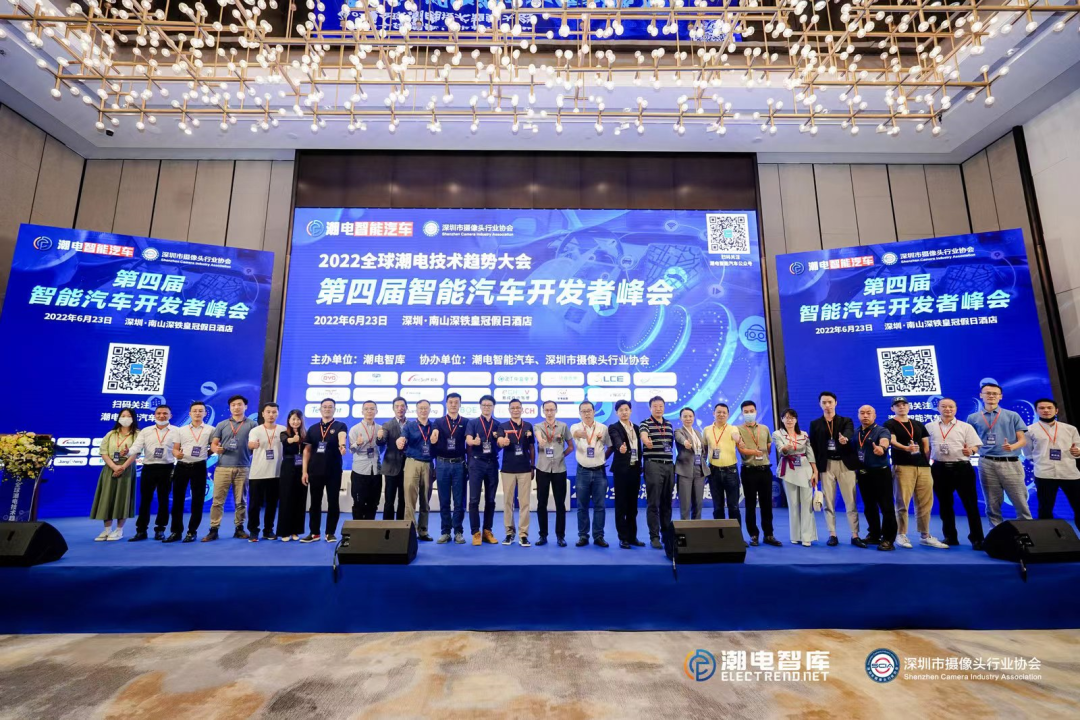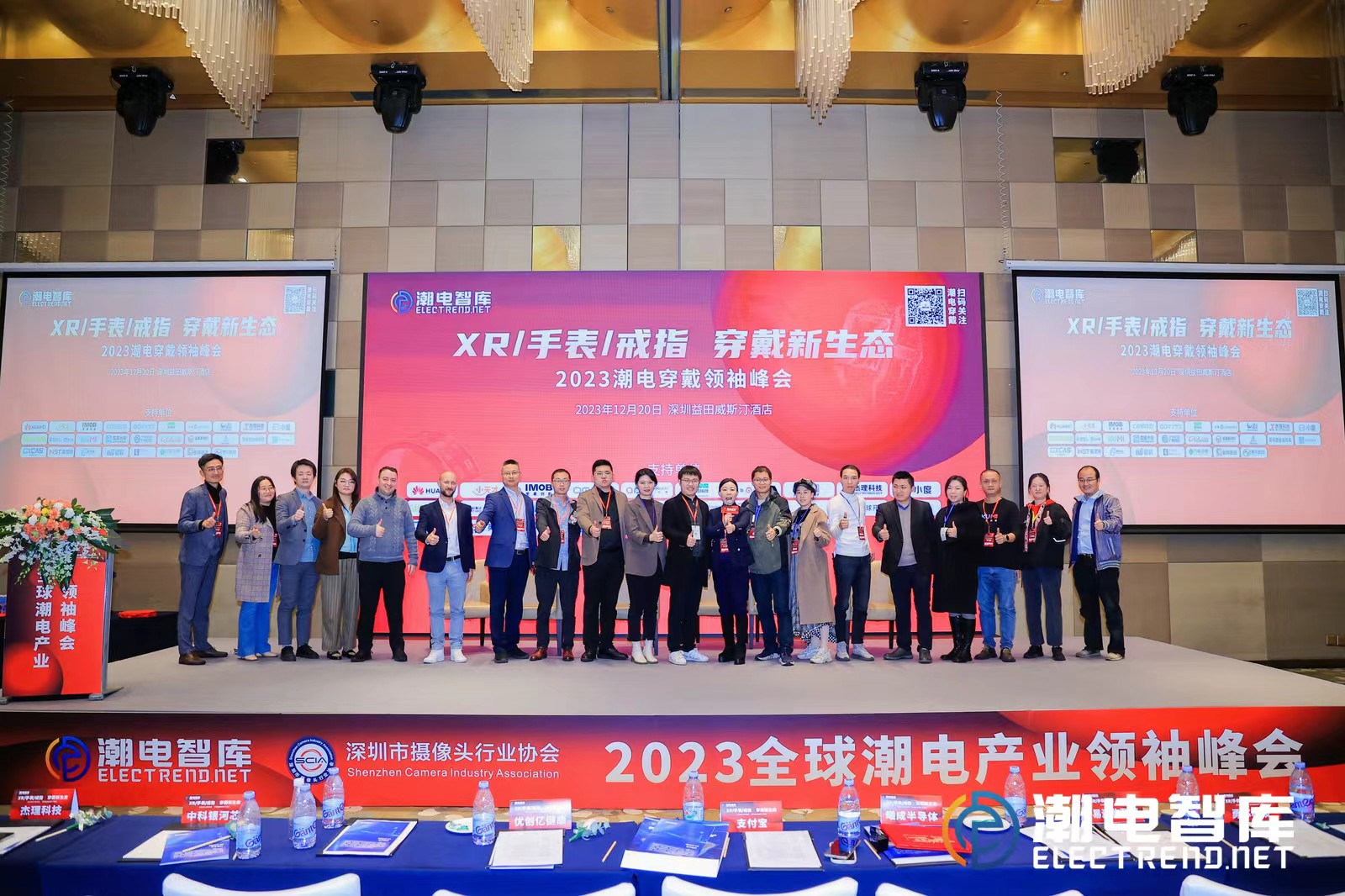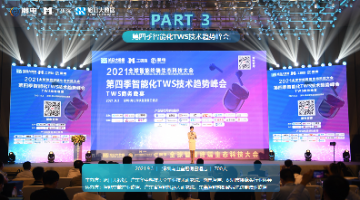【Research】Tide TV Sense & Perception was invited to visit the Swiss Consulate General, Switzerland is very welcoming to Chinese energy storage companies
Time: Oct 12, 2022Views:
On September 28th, Tide TV Sense & Perception was invited to visit the Consulate General of Switzerland (Guangzhou) and received a warm reception from the other side. The Swiss Consulate General expressed that they welcome Chinese energy storage companies to enter into cooperation, which can help Switzerland to alleviate the energy crisis it is facing in time.
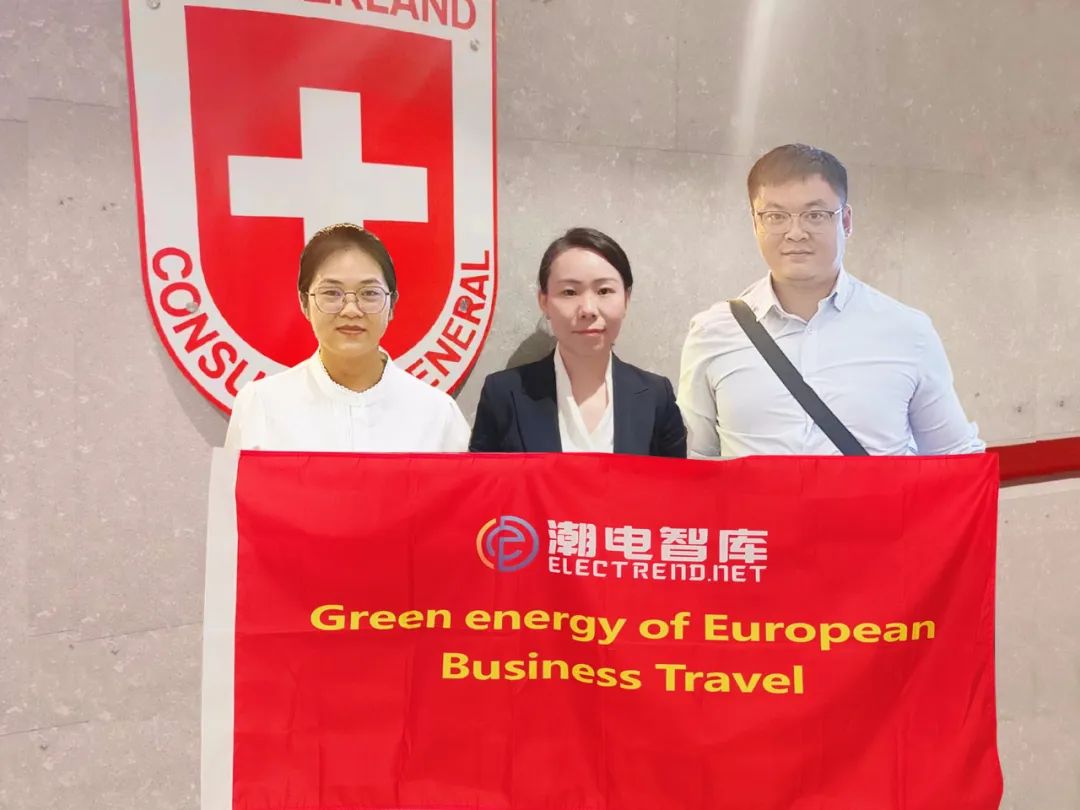
The impact of the Russia-Ukraine conflict has already had a serious spillover. Switzerland has no exploitable natural gas resources and is completely dependent on imports for natural gas. Natural gas accounts for about 15 percent of Switzerland's national energy consumption (the average ratio for EU member states is 22 percent), about half of which comes from Russia. Switzerland's natural gas is used mainly for heating, and about one fifth of all households rely on natural gas for heating.
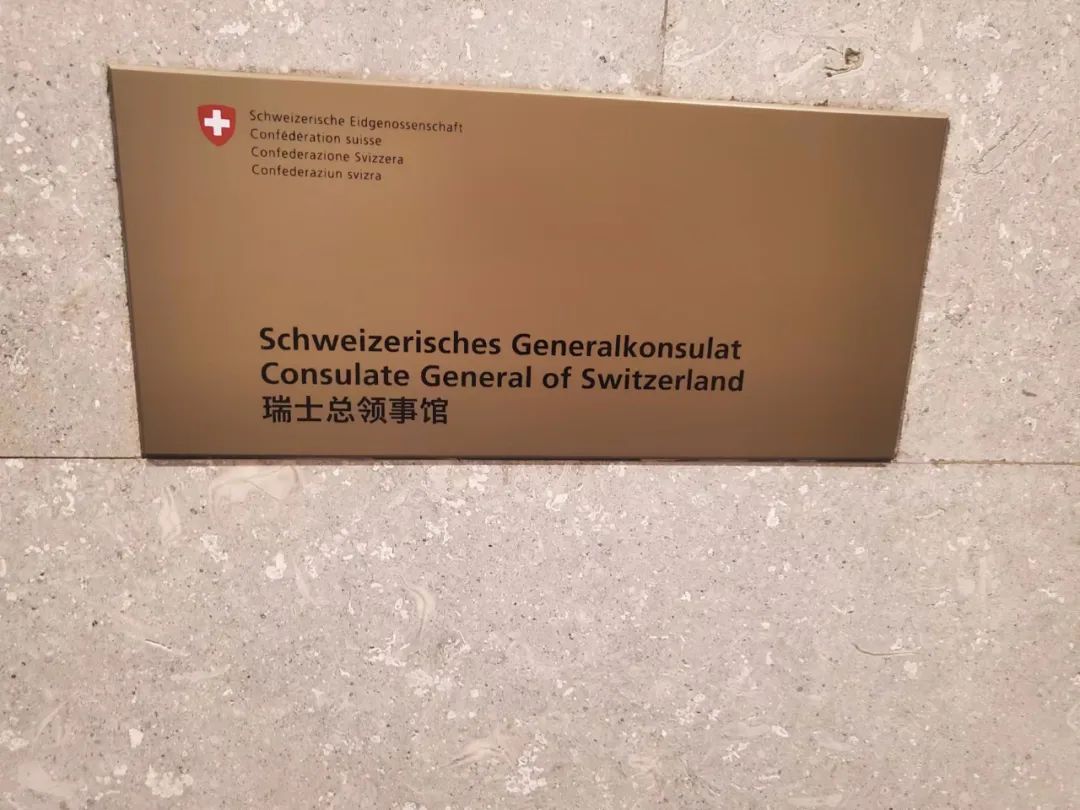
Under the energy crisis, Switzerland is now forced to restrict the use of gas and introduce new energy-saving regulations. According to the spirit of the document, all buildings with gas heating systems must not have indoor temperatures above 19 degrees. Violators will face up to three years in prison and fines starting at CHF 30 per day, up to a maximum of CHF 3,000 (equivalent to 21,400). In addition, the temperature of hot water cannot exceed 60 degrees.
According to Tide Electric Intelligence, in order to alleviate a series of impacts brought about by the energy crisis, some European countries have had to develop various energy initiatives.
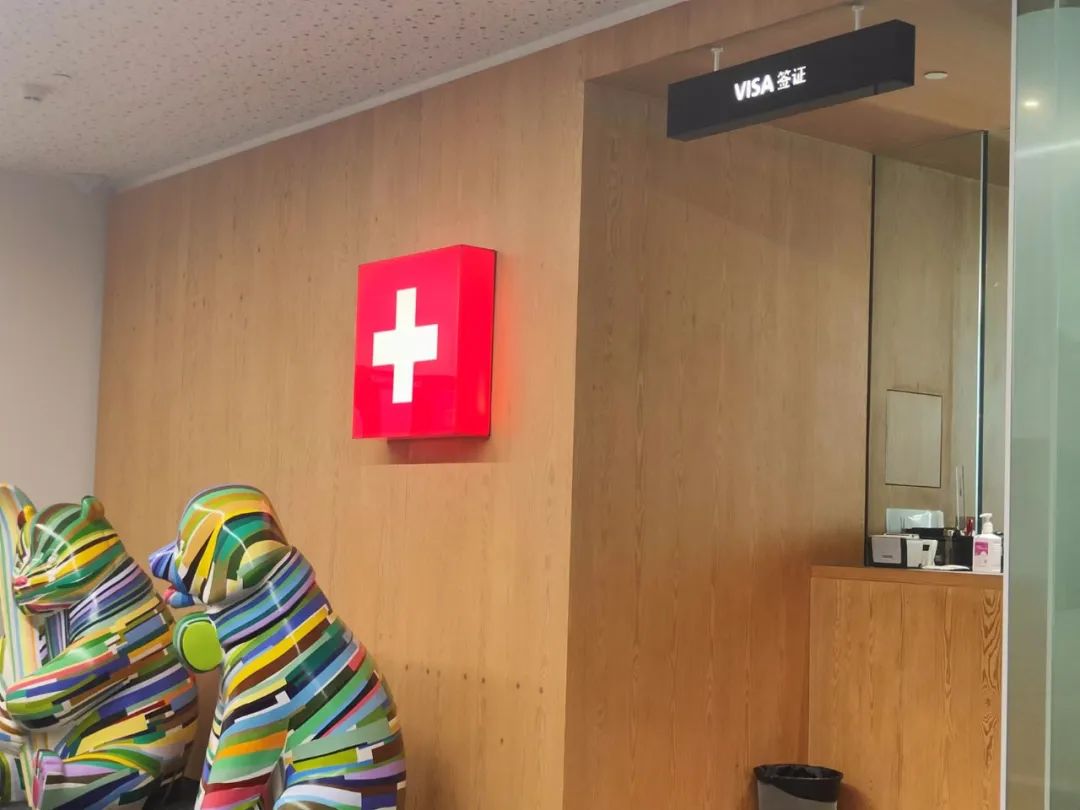
Germany will ban exterior lighting in historic buildings and monuments. Temperatures in non-residential public buildings will not be allowed to exceed 19°C. Heating of swimming pools will also be banned.
Spain has made it mandatory for stores to turn off their lights at night, while France will ban illuminated advertising while preparing to introduce electricity rationing for businesses. Italy has not yet made a final decision (it will be finalized after the new government is established at the end of September), but does not rule out the introduction of measures such as restricting heating, reducing public lighting at night and closing stores early.
recommend
Oct 14, 2023
10 trillion yuan smart car market, 10 trillion yuan whole house intelligence market, the scene more than 1000 industry c...
Hot

